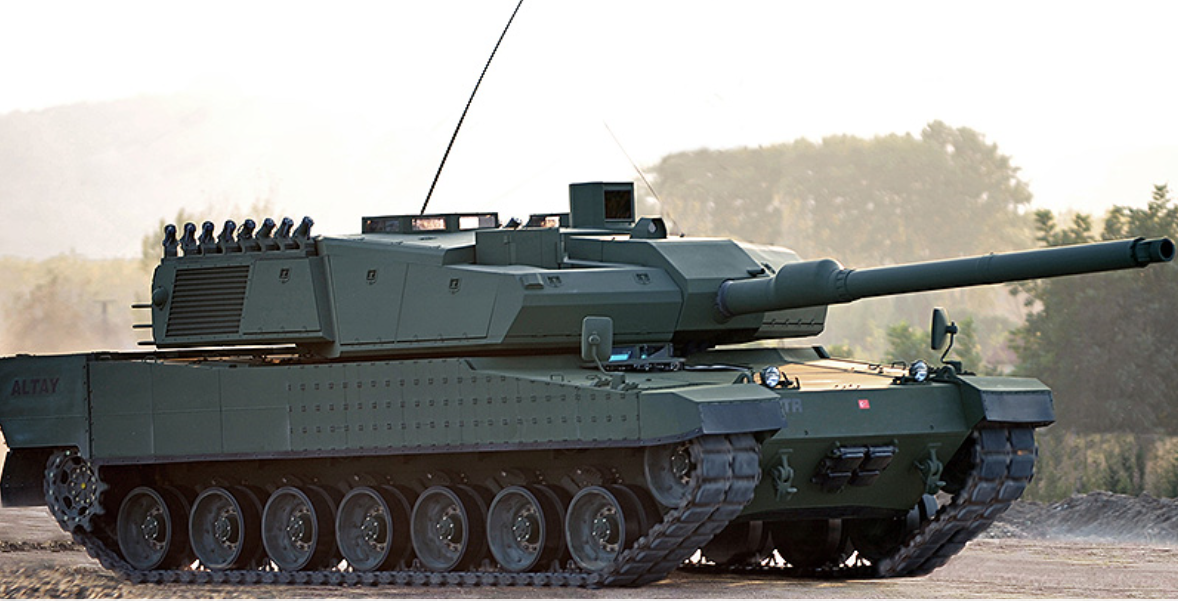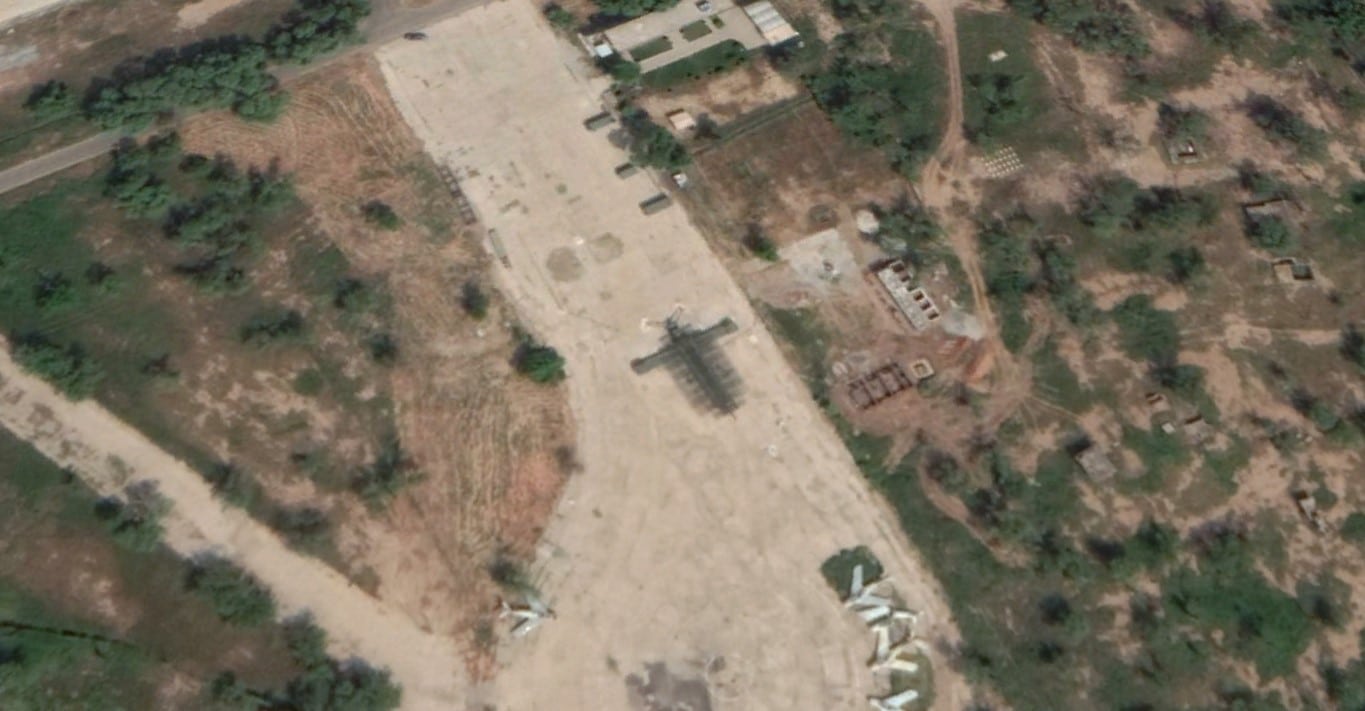46Views 5Comments

Turkey reportedly interested in Ukraine’s 6TD-3 diesel engine for Altay main battle tank
In the backdrop of unsuccessful efforts to procure diesel engine technology for the Altay main battle tank (MBT) and increasing uncertainty of Western suppliers (in light of Turkey’s political atmosphere), Ankara could be looking to Kiev for support.
C4Defence reports that Prime Minister Binali Yildirim and Ukrainian Prime Minister Volodymyr Groysman signed a memorandum-of-understanding (MoU) (during Groysman’s official visit to Ankara on March 14) relating to tank engines. Ukroboronprom (UOP)’s Director, Roman Romanov, told C4Defence that Turkey is interested in Ukraine’s engines.
The Kharkiv Morozov Machine Building Design Bureau (KMDB)’s 1,500 hp 6TD-3 diesel engine, which it revealed in May 2016, is cited as an option for the Altay MBT.
In the beginning of March, the Turkish Undersecretariat for Defence Industries (SSM) cancelled its engine supply contract with Tümosan, which was originally tasked to design, develop and manufacture a local diesel engine for the Altay MBT. Tümosan had originally signed-on AVL List GmbH to support the program in 2015, but recent regulatory issues – requiring licenses that could interfere with Turkey’s domestic political affairs – in Austria required Tümosan to walk away from that agreement. However, Tümosan was not able to secure alternate help.
Notes & Comments:
It appears that the SSM is directly engaging to resolve the engine issue. While the Turkish Army’s initial lot of 250 Altay MBT will be powered by German MTU engines, third-party sourcing will hamper Turkey’s export hopes for the Altay. However, mounting pressure in the European Union to hamper arms sales and defence cooperation with Turkey could affect domestic requirements as well, pushing Ankara to examine alternate options such as Ukraine.
UOP, Ukraine’s state-owned industry association representing the country’s defence manufacturers, had identified Turkey as a major prospective market. In February, UOP opened an office in Turkey and sought to collaborate with Turkish defence giant Aselsan.
The incentive to sell 6TD-3 engines to Turkey would be there, but Ukraine may be reluctant to transfer technology enabling Turkey to manufacture the engine independently. Yes, an agreement to that effect was purportedly signed with Pakistan at IDEX 2017, but it need not be that comprehensive, it could simply be tuned to guarantee the supply of spare parts to the Pakistan Army, not to maintain a parallel turnkey production line.
Considering that the 6TD-3 could draw interest from Turkey and Pakistan for the Altay and al-Khalid 2, respectively, engines clearly help Ukraine maintain a fruitful position in the global defence market. It is unlikely Kiev will readily part with such an advantage. On the other hand, Turkey has its own technical leverage, such as defence electronics. Ankara is in a position to undertake a technical exchange, one that will benefit both itself and Kiev.

